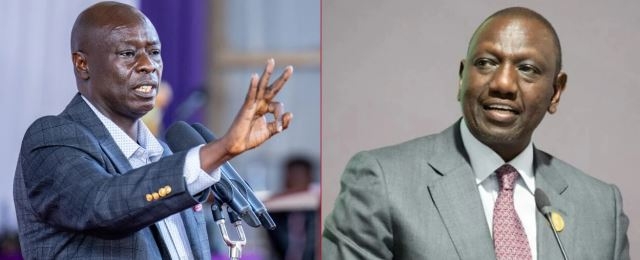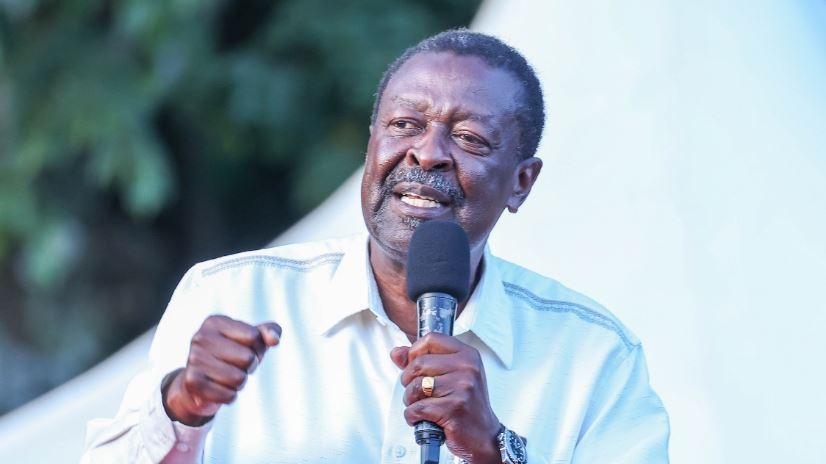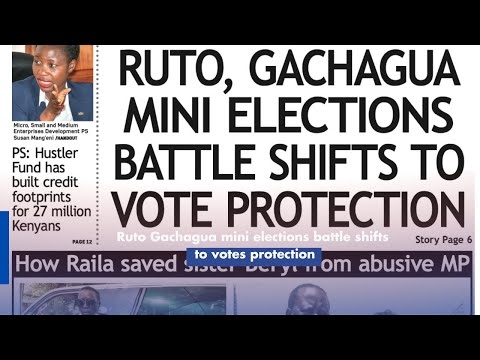Quacks masquerading as weathermen will be jailed for three years or fined Sh100,000 if a proposed bill becomes a law.
It blames quacks and other unlicensed weather information providers for giving inaccurate forecasts, which are often blamed wrongly on the meteorological department.
Upon conviction, they will now be jailed for three years or fined Sh100,000, or both.
The bill says all weather service providers must be qualified meteorologists who are registered with a newly-established professional society.
"No person shall practise as a meteorologist and technologist unless he is the holder of a practising certificate and a licence to practise that are in force," it says.
The proposed Meteorological Bill and the Meteorological Policy were published on Wednesday for public debate.
The proposed law further protects the meteorological department from being liable for damages arising from its forecasts.
"The authority is not liable for any damage, loss or injury sustained or alleged to have been sustained, by any person as a result of such person’s reliance on meteorological information provided by the authority," the bill says.
Currently, Kenyan farmers often sue the weatherman for alleged misleading information, but they have never won such cases.
The meteorological department also provides commercial information to aviation and marine operators, who may also be unable to sue.
The proposed law aims to restructure the department, currently domiciled in the Ministry of Environment, into a world-class weather authority.
It will now be known as the Kenya National Meteorological Authority, with an increased, independent budget from the Treasury.
Deputy Met director Ayub Shaka said the changes would allow the new authority to seek more partnerships.
"This is the trend across the world, but in the current set up, there is too much bureaucracy which stifles scientific advancement," he told the Star.
The proposed changes mirror recommendations by the UN's World Meteorological Organisation on how Met departments around the world can stamp their authority and remain relevant amid increasing weather forecasts and information from other sources.
The bill also establishes the Kenya School of Meteorology as the national training institution for the provision of diploma, certificate and professional course in meteorology and related sciences in Kenya.
It further establishes the Kenya Meteorological Society, modelled along the lines of the Law Society of Kenya.
All practising meteorologists must be registered with the society, which will promote professional standards.
It will also advise the academic board of the school on examination standards and policies.
It proposes all staff to undergo continuous professional development in line with national and international standards.
It also says the authority must be well resourced.
(Edited by R.Wamochie)
















